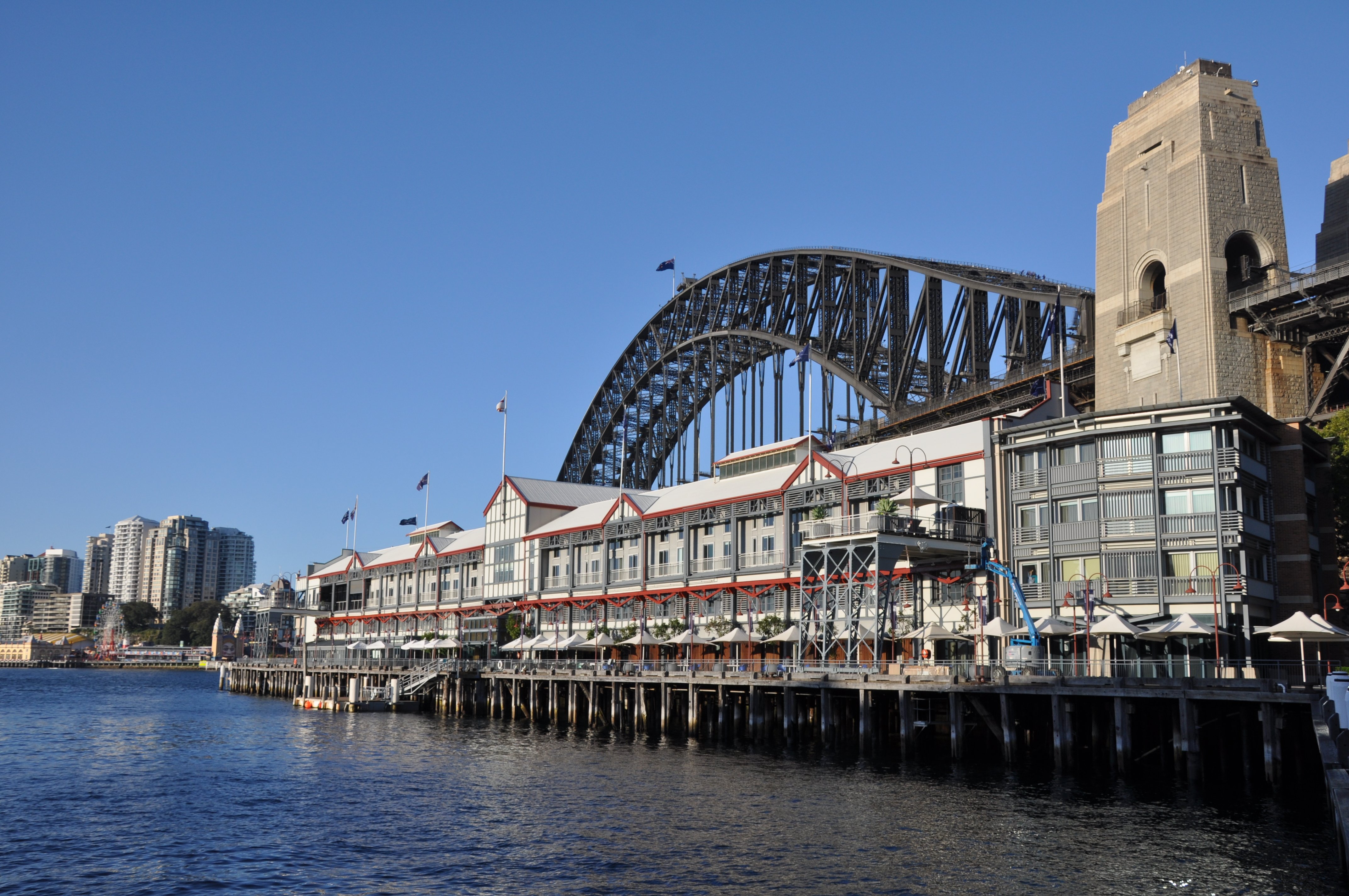The NSW Fair Trading enforcement grace period for new disclosure obligations added to the Fair Trading Act 1987 (NSW) expires on 31 December 2020. The changes commenced on 1 July 2020 and imposed new disclosure obligations on affected businesses. The new disclosure obligations require:
suppliers to disclose terms or conditions of contracts that substantially prejudice consumers. The disclosures must be made before the business supplies the goods or services;1 and
intermediaries to disclose the financial incentives arrangements they have with suppliers. The disclosures must be made before the business acts under an arrangement where it may receive a commission or referral fee.2


